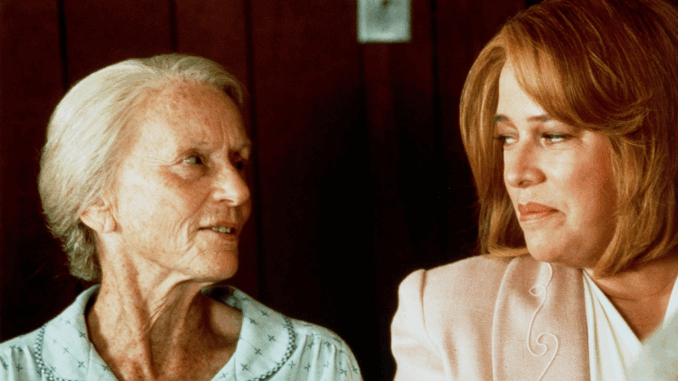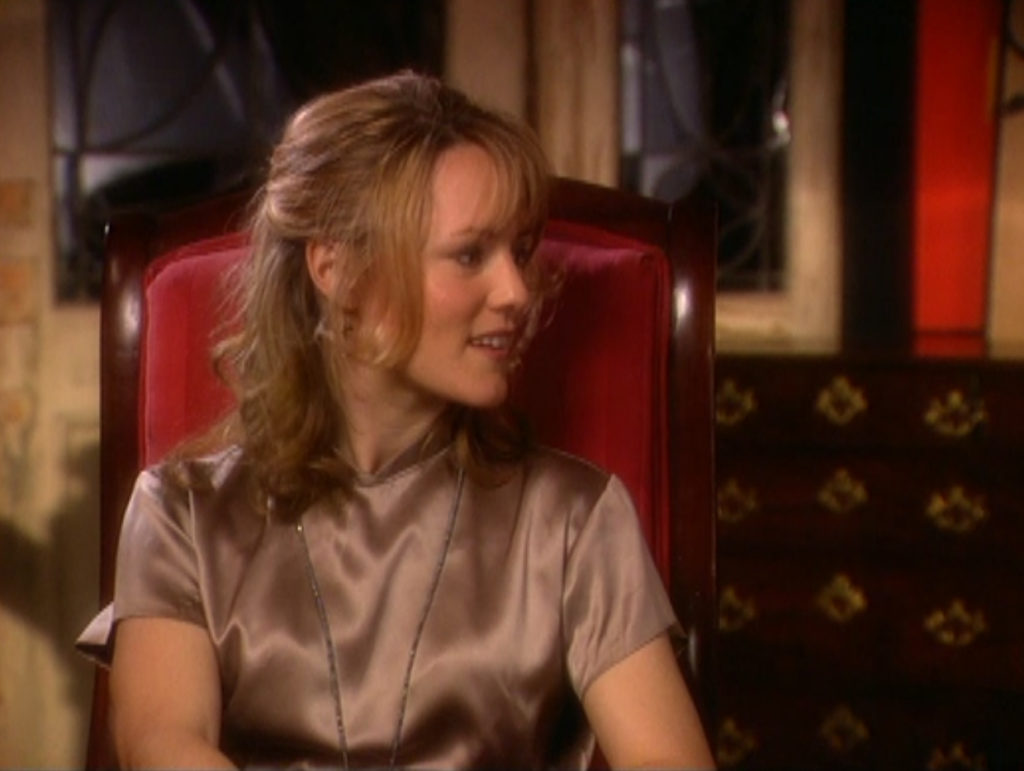
Fried Green Tomatoes is far more than a story about a small Southern town or a nostalgic tale of friendship. Beneath its surface simmers a complex emotional map of what it means to be a woman across decades — a journey of love, trauma, resilience, and rebirth. Through the lives of Idgie, Ruth, Evelyn, and Ninny, the film becomes a living spectrum of female experience — not just individuals, but archetypes that span time and psychology.
Let’s look at each of these four women not in isolation, but as mirrors of life’s seasons, each reflecting a different facet of growth, survival, and identity.
Idgie Threadgoode: The Spirit of Untamed Youth
Symbol of: Rebellion, Individuality, Queerness, Freedom
Idgie is the raw fire of the story — a tomboy, a misfit, a woman who defies every social norm of her time. She wears pants when it’s frowned upon, runs with outlaws, and fears nothing but losing love. In many ways, she represents a part of every woman that wants to live ungoverned.
But Idgie is more than rebellious — she is loyal to the bone, deeply moral in her own way, and fiercely protective of those she loves. Her relationship with Ruth defies labels and censors alike. And through her, the film asks: What if we were allowed to live entirely as we are?
In the grand mosaic, Idgie is the wild girl in all of us — the version of self we sometimes lose to conformity, but never fully forget.
Ruth Jamison: The Gentle Power of Inner Strength
Symbol of: Grace, Faith, Endurance, Devotion
Ruth is the yin to Idgie’s yang — gentle where Idgie is fierce, devout where Idgie is irreverent, traditional where Idgie is rebellious. But don’t mistake her softness for weakness. Ruth escapes an abusive marriage, raises a child on her own, and builds a life from the ashes of trauma.
She represents a phase in life when many women carry more than they show, balancing survival with grace, and holding a deep, quiet courage that rarely gets the spotlight.
In many ways, Ruth is the spiritual center of the film. Her strength doesn’t shout — it sustains. She is the nurturer who reclaims her right to choose, and in doing so, becomes a quiet feminist hero.

Evelyn Couch: The Awakening of the Forgotten Woman
Symbol of: Midlife Transformation, Suppressed Rage, Rebirth
If Idgie is youth and Ruth is early adulthood, Evelyn is middle age — often invisible, often dismissed, and desperately yearning for purpose.
At the start of the film, Evelyn is a textbook people-pleaser: apologizing, dieting, reading self-help books to become someone her husband might notice again. She is the woman millions of others recognize in themselves — the one who put herself last for too long.
But her relationship with Ninny, and the story of Idgie and Ruth, plants something radical inside her: permission to want more. Her transformation is the most tangible in the film — not because she changes the world, but because she changes how she sees herself.
In Evelyn, we see the phoenix of reinvention, a woman who dares to say, “No more,” and then — “What next?”
Ninny Threadgoode: The Keeper of Memory and Magic
Symbol of: Wisdom, Storytelling, Legacy, Eternal Girlhood
Ninny might appear as the sweet, chatty old lady at the nursing home, but she is the soul of the entire story. Through her stories — real, exaggerated, or mythical — she becomes a time traveler, linking past and present, heartbreak and healing.
She is not just a narrator; she is a living archive, proof that the past is never truly gone if it is remembered with love. More than that, she represents the freedom that comes in late age — to say what you think, to hold onto joy, to wear purple and sing out loud.
In Ninny, the film gifts us the final stage of womanhood: not decline, but lightness. Not loneliness, but connection.
Together: A Full Tapestry of Womanhood
These four women — Idgie, Ruth, Evelyn, Ninny — form not a timeline, but a constellation. They are not meant to be read as separate stories, but as one story lived many ways.
They show us:
-
That rage has a place alongside tenderness.
-
That devotion can coexist with defiance.
-
That healing is messy, nonlinear, but always possible.
-
That food, memory, and love are all forms of survival.
Most of all, they show that there’s no single way to be a woman — only the way that is true to you.
In a film filled with fried green tomatoes, southern slang, and summer trains, it’s easy to forget the quiet revolution humming beneath it all.
But Fried Green Tomatoes is, at its core, a love letter to female identity across the ages — the wild girl, the weary mother, the invisible housewife, and the wise storyteller — all rising, all thriving, all mattering.
And when viewed together, these women don’t just tell a story.
They sing one.
